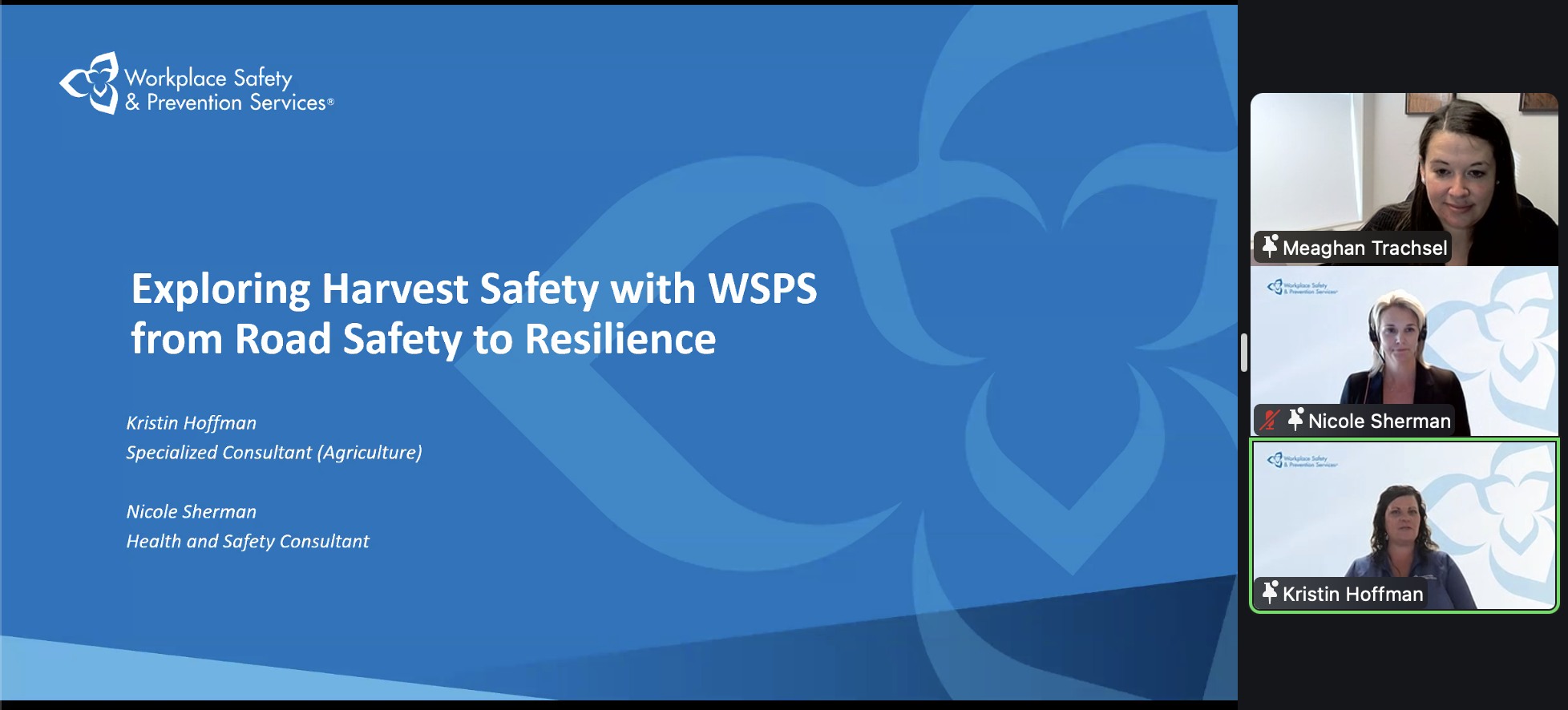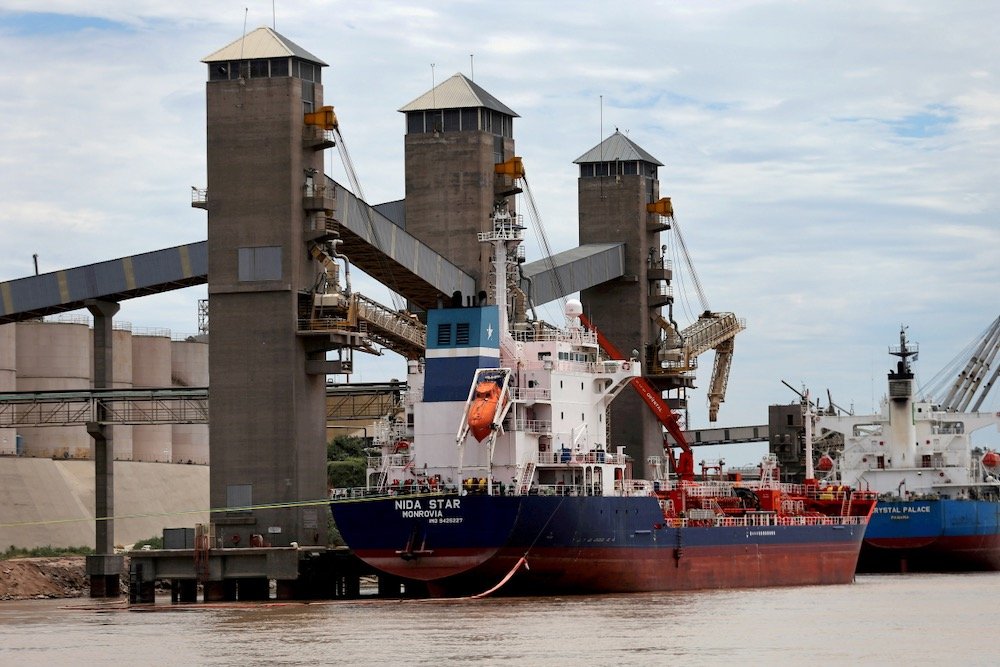Chicago | Reuters — U.S. farmers are running out of options for their just-harvested corn and soybeans as delays on the Mississippi River, the main conduit for crops to export markets, cause shipping backlogs, while grain storage on the river’s banks is filling up.
Low river levels and backups at aging locks have slowed navigation on the Mississippi and its tributaries and driven the cost of hauling Midwestern crops to Gulf Coast export terminals to near-record highs.
As newly harvested supplies reach the market, elevators with barges on hand are prioritizing loading soybeans while storing corn if they have space, traders and barge brokers said.
Read Also

Tips for staying safe this harvest season
Kristin Hoffman of WSPS explains measures for increased farm safety around harvest season
Cash soybean premiums at several large river terminals in the St. Louis area fell to the lowest point since at least 2011, while soy processors and inland elevators also dropped bids amid ample available supplies, grain merchants said.
“There are a lot of trickle–down effects that are being felt throughout the whole industry. It starts with the low water on the rivers and the trouble getting bushels where they need to be in exporters’ hands,” said Terry Linn, analyst at Chicago brokerage Linn and Associates.
The grain handling woes come as farmers are beginning to harvest bumper corn and soybean crops amid weakening harvesttime prices, with soybean stocks at a decade high and corn supplies at the biggest in 29 years.
“People are running out of space. Everybody’s been stuffing their bin space with corn and shipping beans. Now they can’t find enough barges when they need them to move the beans,” said a barge broker who asked not to be named.
Shippers that have barges on hand are loading them with less grain to keep them from grounding in parched rivers, while barge lines are reducing the number of barges per tow to navigate the narrower shipping channel.
Barges in the Memphis to Cairo, Illinois, market traded at an all-time high while spot barges on the lower Ohio river were booked at a level reached just once, in September 2014.
Exacerbating the situation, the Ohio River was temporarily closed on Monday for emergency lock repairs, according to the Waterways Council industry group.
The lock has resumed operating, but a queue of more than 65 towboats was waiting to pass, a backlog that could take more than five days to clear, barge operator American Commercial Line said in a daily newsletter.
— Karl Plume reports on agriculture and agribusiness for Reuters from Chicago.












